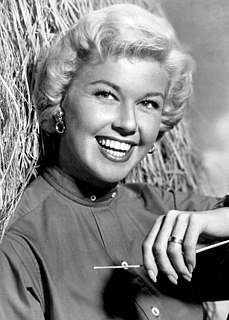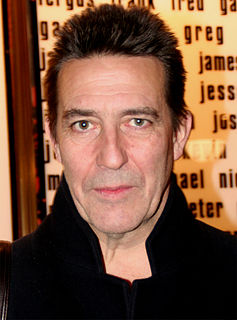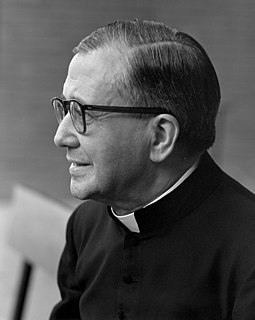A Quote by Leslie Charteris
About the Saint's amorous adventures, by the way, I can't speak so brazenly.
Related Quotes
We can speak of politics, ethics, and in this way, speak about the world. But at the same time, it's always in a way that is totally nebulous and abstracted, this way of thinking about reality. And that's why I write the way I do - it's an almost immortal way to show dependence on the biological, the political, the moral parts of us. I say immortal because we now have to find new formats, new eloquences, and resolve within ourselves this "constructed" life, a life that is incomplete, imperfect.
We're painting the same people all our life - it's just the way we look at them that changes. If you experience trauma, you can speak about it in so many different ways. You can speak about landscape, you can speak about your food; it's always different. Trauma is the beginning of life as an artist.
A saint is Christ's bride, totally attached, faithful, dependent. A saint is also totally independent, detached from idols and from other husbands... A saint is higher than anyone else in the world. A saint is the real mountain climber. A saint is also lower than anyone else in the world. As with water, he flows to the lowest places - like Calcutta.
Virtues are in the middle, the royal way about which the saintly elder (Saint Basil the Great) said, "Travel on the royal way and count the miles." As I said, the virtues are at the midpoint between excess and laxness. That is why it is written, "Do not turn to the right or the left" (Prov 4:27) but travel on the "royal way" (Num. 20:17). Saint Basil also says, "The person who does not allow his thoughts to incline towards excess or deprivation but directs it to the midpoint, that of virtue, is upright in heart."





































